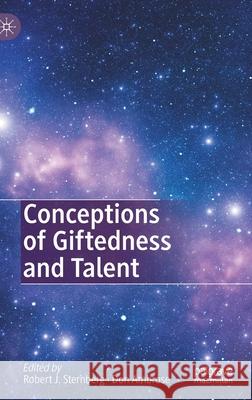Conceptions of Giftedness and Talent » książka
topmenu
Conceptions of Giftedness and Talent
ISBN-13: 9783030568689 / Angielski / Twarda / 2020 / 532 str.
Conceptions of Giftedness and Talent
ISBN-13: 9783030568689 / Angielski / Twarda / 2020 / 532 str.
cena 603,81
(netto: 575,06 VAT: 5%)
Najniższa cena z 30 dni: 578,30
(netto: 575,06 VAT: 5%)
Najniższa cena z 30 dni: 578,30
Termin realizacji zamówienia:
ok. 22 dni roboczych.
ok. 22 dni roboczych.
Darmowa dostawa!
Kategorie:
Kategorie BISAC:
Wydawca:
Palgrave MacMillan
Język:
Angielski
ISBN-13:
9783030568689
Rok wydania:
2020
Wydanie:
2021
Ilość stron:
532
Waga:
0.96 kg
Wymiary:
23.39 x 15.6 x 3.17
Oprawa:
Twarda
Wolumenów:
01
Dodatkowe informacje:
Wydanie ilustrowane











